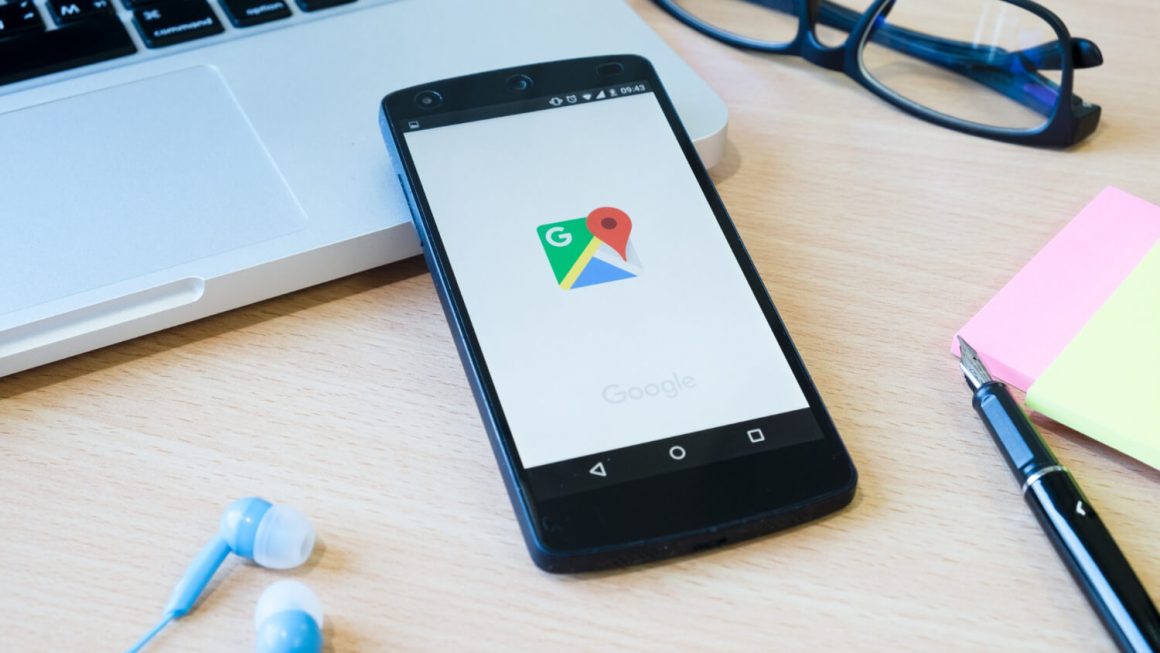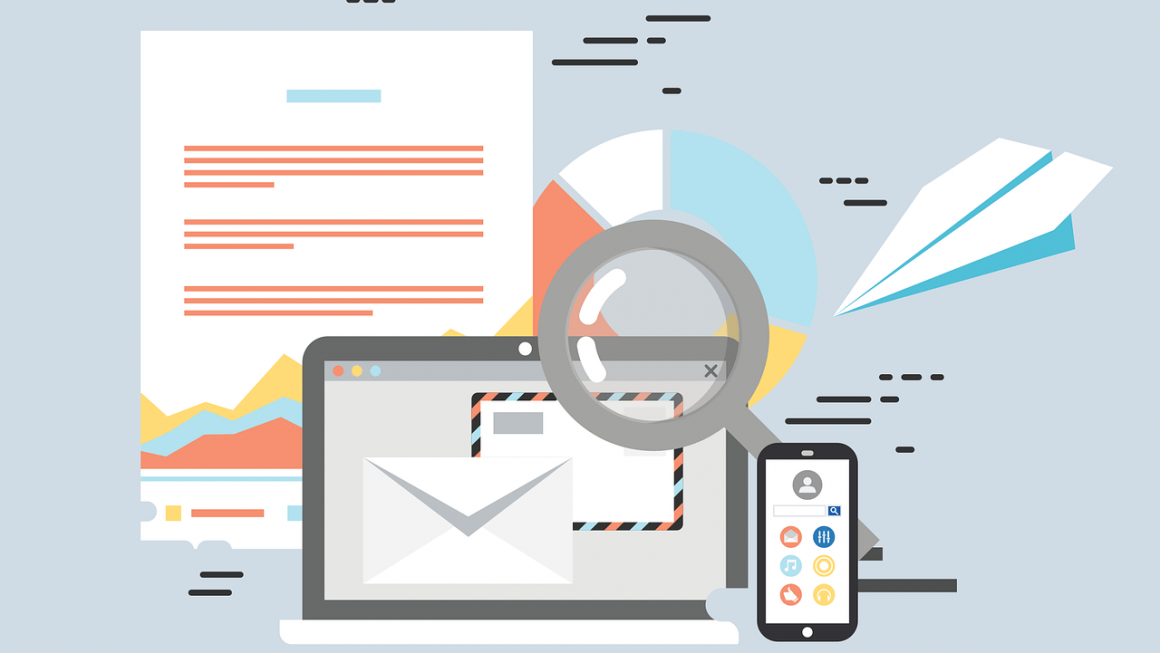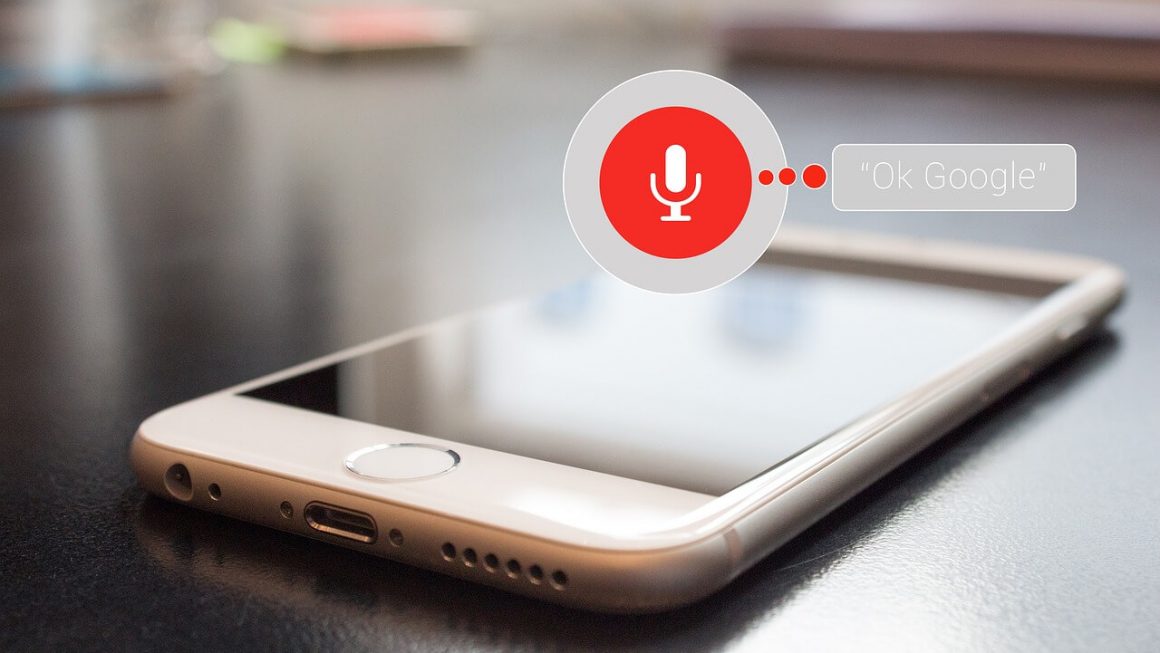In your first foray into digital marketing, you are going to face the same dilemma. If you only have a small budget to spend, which one should you choose–organic search or paid ad? You might have heard about how organic search is more sustainable in the long run because you did not grow the traffic artificially.
Even without looking at the statistics, people are wary about hiring a ppc agency because they personally do not click on the ads displayed on the Google search engine results page (SERP).
Ask yourself this question: How many times have you clicked on the ad after doing a search query, for instance?
Chances are, the answer ranges from minimal to zero. However, the one mistake that people make is to believe that nobody else is clicking on these Google ads.
Spoiler alert: Customers do. A lot.
Which Method is Best?
Organic search and PPC have their respective strengths and weaknesses. The best option is to harness each one’s strengths to make your digital marketing campaign successful and get the most out of your investment. You can hire an SEO agency for increased brand awareness, drive traffic to your site, generate leads, and boost your conversion. If you want to sell now and sell fast, hire a professional to target customers who are ready to spend their money.
Nowadays, a ppc agency employs several methods in its arsenal to draw in more customers. For example, customers can immediately call the business phone number by clicking on the ad to make the transaction faster. You may also notice some ads placed at the bottom of the SERP, targetting customers who could not find the answer as they scroll down to go to Page 2. Local searchers will see your phone number or business address through the use of the Map or Location Ad extension.
Another method they use is called remarketing, which is essentially a high-stakes game of tag. Through the use of cookies, you can track your target customer around as they go to Google or social media pages. You will then display banner ads to catch their attention everywhere they go.
Benefits: Organic Search and PPC
Both organic search and PPC have their respective advantages.
For example, with SEO, you will enjoy:
- High awareness due to increased visibility in the SERP, particularly with your targeted keywords.
- You earn the trust of your potential visitors, some of whom are wary about paid ads.
- Organic search generally has a higher click-through rate compared to PPC, which gives you a strategic advantage.
- SEO is more sustainable in the long-run, especially if you have invested so much in your targeted keywords.
- SEO is also generally more affordable compared to other digital marketing techniques and channels.
The advantages of using PPC include:
- Rationalising your budget since you only pay for each ad that your target audience will click.
- You create more awareness even if you do not pay anything. Remember, you pay per click. Meanwhile, your ad remains visible to your target audience.
- Laser-focused targeting. Whereas you cast a wider net with SEO and hope someone will bite the bait, the ad campaign of PPC is more deliberate. It targets your audience who are ready to spend money now.
- While SEO takes time, PPC is noted for its speed. You reach out to your target audience quickly.
Here is Where PPC Trumps Organic Search
Organic search generally performs better compared to PPC when it comes to the number of clicks. But there is one area where SEO could not touch paid search with a ten-foot pole–commercial intent.
Commercial intent refers to searchers who are very specific about what they want, and they are ready to spend money on it.
For instance, there is a whale of a difference between the keywords “Samsung 4K TV” and “4K TV near me” or ”Best 4K TV review.”
The first person is on the verge of buying but still at the point of deciding the best one for them. The second person, however, is ready to go and is likely to click on the ad, especially if it is offering a discount on the purchase.
That is commercial intent.
The statistics also support this presumption. For example, for high commercial intent keywords, paid search accounts for about two-thirds of the clicks. According to the research by Wordstream, the click-through-rates for paid searches on keywords with high commercial intent is an astounding 600 times more compared to organic search.
Author Bio: Steffy Alen is a copywriter and content strategist. She helps businesses stop playing around with content marketing and start seeing the tangible ROI. She loves writing as much as she loves the cake.



